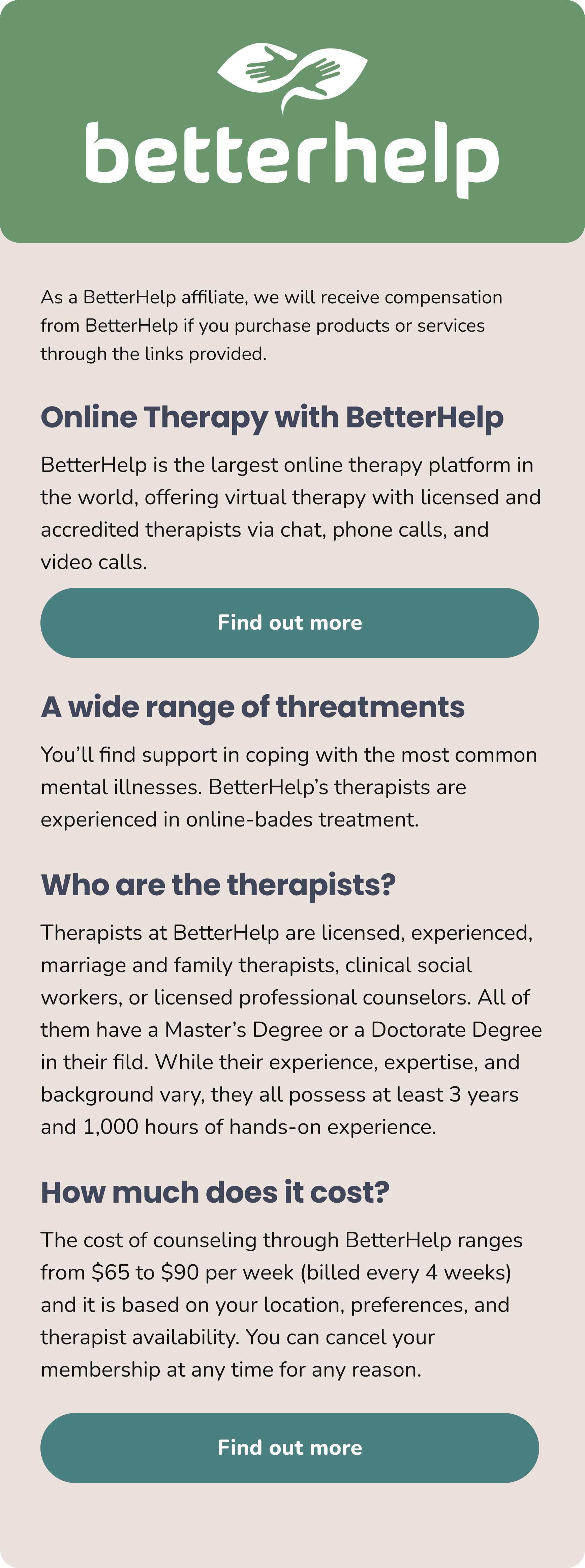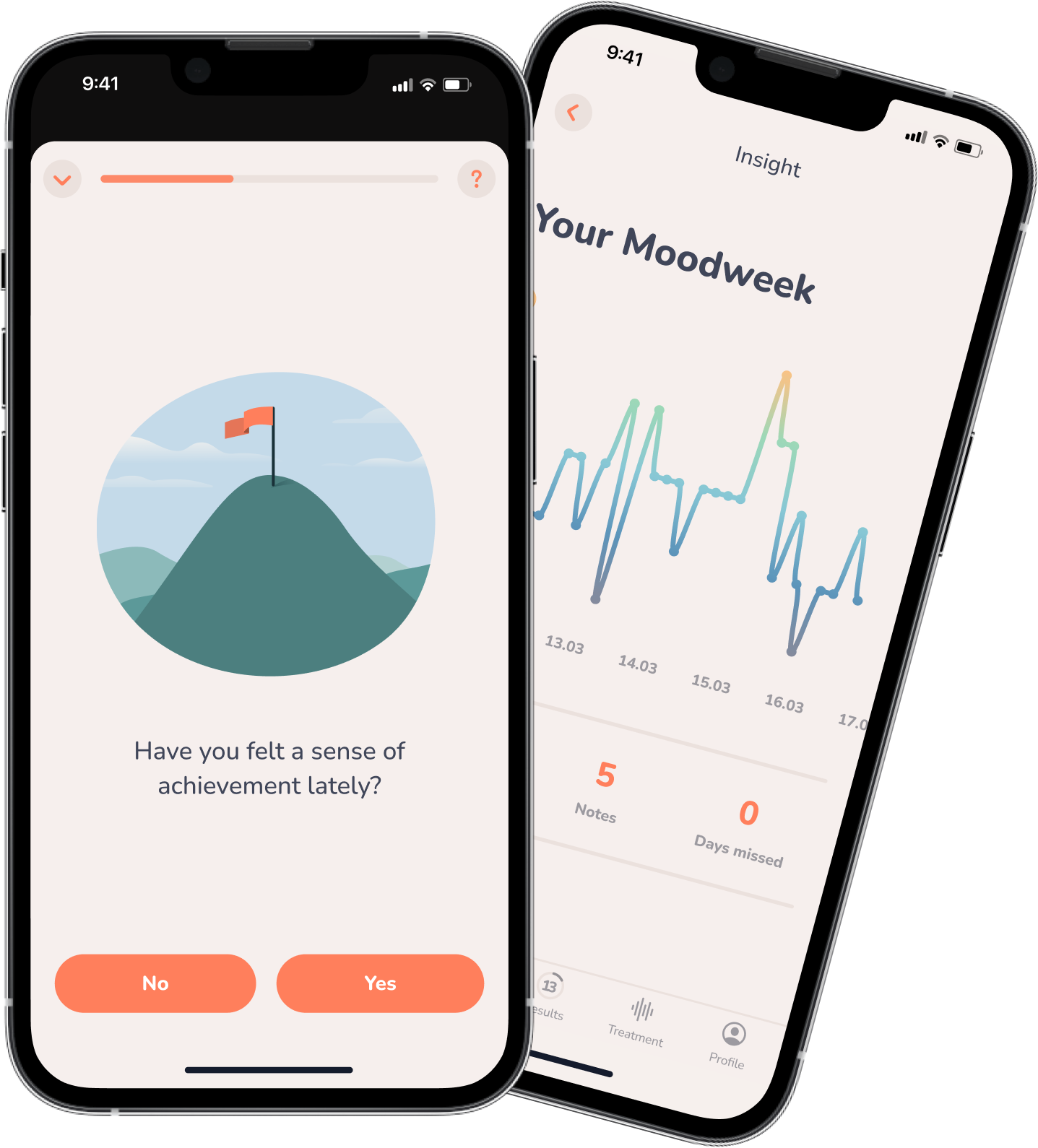Insight
Why Some Don’t Ask for Help – Depression & Taboos
While you may be silently wondering whether you are currently struggling with depression, you’d be surprised to know how many others are invisibly sharing that same boat with you. While some don’t dare to ask for help, depression affects so many of us – but we don’t talk about it.

Even among experts, depression was occasionally labeled as the “common cold of psychopathology”. What at first seems like nothing more than a harmless comparison can be quite offensive at second glance: Struggling with depression is not like tackling a cold: Joylessness, feelings of worthlessness, sometimes even suicidal thoughts are clearly not on the same level as a cold. However, the comparison does draw attention to something interesting: Depression is a very widespread disorder.
Understanding Mental Health
The first step in breaking the taboo around mental health is understanding it better. The more we realize how common it is, the easier it will be to stand in this together. In the past year alone, roughly every twelfth person in the US struggled with a depressive episode. Over the span of one’s life that rate doubles! That makes depression one of the most common mental disorders in the world.
Now, we’ve all felt “depressed” before and we’ve all experienced individual symptoms of depression at some point in our lives. In other words, we are human. Sadness is an essential part of the human experience and dealing with loss, disappointment, and sadness is just a part of that deal. However, there are many important differences between sadness and depression.
Understanding mental health means understanding that, while depression shouldn’t be compared to a cold, it is helpful to view our psychological and emotional world as worthy of our attention. We are all aware of how important a healthy lifestyle is. While some attend to it better than others, almost all would go to a doctor when they are legitimately sick. Why is that still different for mental health? Luckily, we are in the midst of a positive change regarding this. Even rappers are opening up about Mental Health.
Taboos and their rug-sweeping powers
When certain things cannot be spoken about, those things become bottled up. They do not, however, go away – no matter how hard we try to ignore them into oblivion. While the taboo around depression concerns all of us, there is evidence that suggests it is particularly harmful to the men struggling with depression. Even though women are twice as likely to struggle from depression, it is men who die more from suicide. And, shockingly, between the ages 15 – 24 suicide is the second leading cause of death.
As a society, we should all take responsibility for this together. We need to find a way to give the people suffering silently a way to speak up about these difficulties. No more sweeping these things under the rug! Mental health, and the people struggling with it deserve our full attention.
Fighting the taboo with knowledge – The basics
“Depression” is actually a simplification of the official term “depressive episode”. In a sense, the second term is more hopeful because it indicates that this is a phase. This is not a life-long condition and with the right treatment, this phase will pass again.
So, what’s the problem? People often downplay their experiences, delegitimize what they are feeling and don’t seek depression help very often. But did you know that a psychotherapeutic treatment can cut the duration of a depressive episode in half? Untreated depressive episodes, on the other hand, can last several months, and in extreme cases, even years.
For some, a depressive episode will return in the future. This is called ‘recurrent depressive disorder’. But even if the risk of relapse is there, a depressive episode is a disorder with a very good chance of recovery. When the depressive episode is over, most people find back to a life in which they are okay and experiencing the very ordinary ups and downs of life – without the grey veil of depression.
A depressive episode can be further differentiated into ‘mild’, ‘moderate’, or ‘severe’. The severity of depression depends on the number of core and additional symptoms.
Mild depressive Episode
Two core symptoms and two additional symptoms
The affected person suffers. Private and professional routines are doable, but still difficult to cope with, because the person’s performance level decreases.
Moderate depressive Episode
Two core symptoms and three to four additional symptoms
The affected person is suffering so much and feels so restricted that they can no longer fulfil their professional and domestic requirements.
Severe depressive Episode
Three core symptoms and four or more additional symptoms
The person is under severe strain. Suicidal thoughts are a danger to this person. Possibly a stay in a clinic and close care are necessary. Psychotic symptoms could occur.
Accepting help – depression is treatable!
Unfortunately, many people are still ashamed of their struggles and blame themselves for not being able to cope with their lives.
That’s why, above all, one insight is important for those affected and their fellow human beings: a person who is currently struggling with a depressive episode has not just come down with a case of the emotional sniffles. Depression is far more than sadness. It is often extremely difficult for outsiders to put themselves in the shoes and emotional world of an affected person.
Recognizing depressive symptoms as such and getting professional treatment is the first step to recovery. Depression is a disorder that is recognized by medical associations and health insurance companies and can be clearly diagnosed with screenings. It shouldn’t be put off, ignored, swept under the rug, tabooed beyond repair, undermined, or ridiculed. Treating depression means restoring emotional balance and rediscovering the joy in life. It is effective, professional, and worth your time.
After all, respecting the taboo only leads to more isolation – which just increases feeling already present in the hearts and minds of those struggling with depression. It’s time to break the chain!
How?
Don’t know where to start? Well, you already did! If you’re unsure what to do now, try out the App MindDoc for free. It will assess your mental health by tracking your mood and inquiring all relevant symptoms of depression. After two weeks you’ll receive a doctor’s letter including the potential severity of a depressive episode. This way you can gain a new perspective on what you are experiencing and you can take this letter to your family doctor as a way to start a conversation.
Are you struggling with suicidal thoughts? Please seek help immediately if these thoughts are burdening you. There are so many hotlines you can call.
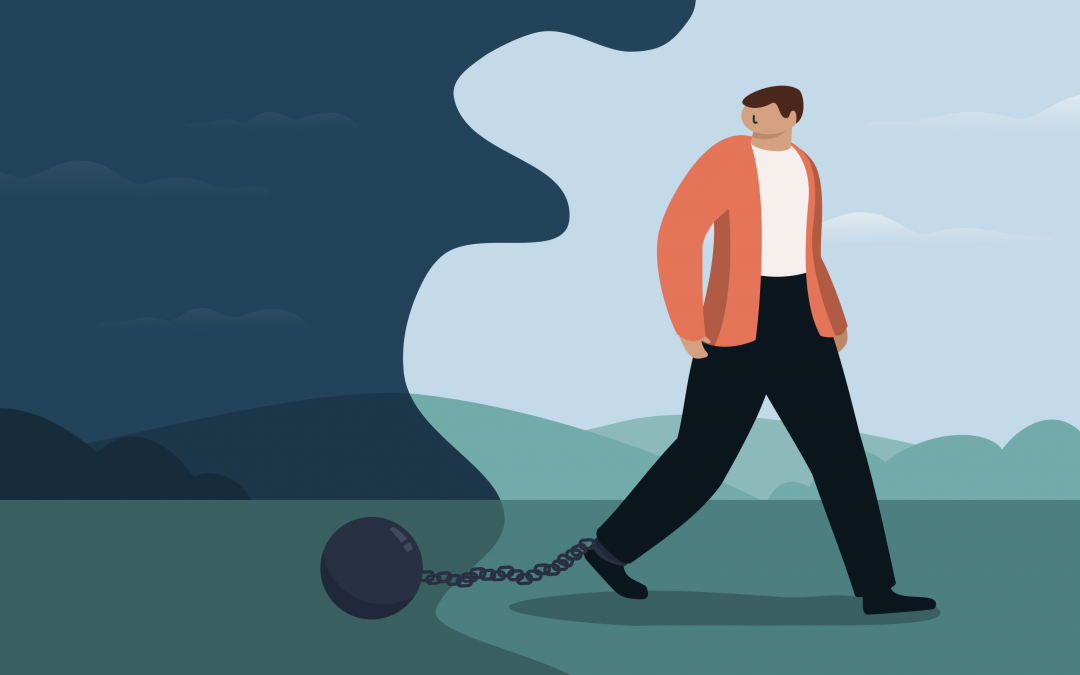
Trauma Consequences: Post-Traumatic Stress Disorder (PTSD)
Traumatic experiences like accidents, violence, or severe illnesses are extremely stressful and can push people to their limits. As a result of trauma, some affected individuals develop post-traumatic stress disorder (PTSD).
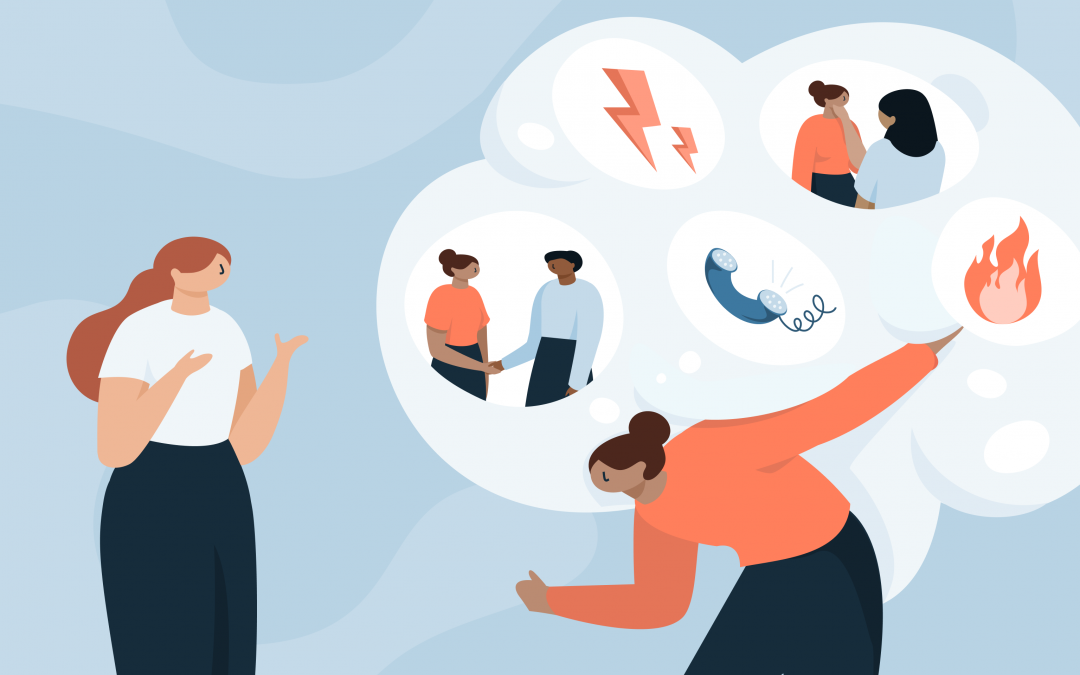
People-Pleasing — When the Fear of Rejection Becomes a Trap
Are you a person who places a high value on kindness, consideration and helpfulness? Or … maybe you tend toward what’s called “people-pleasing”?
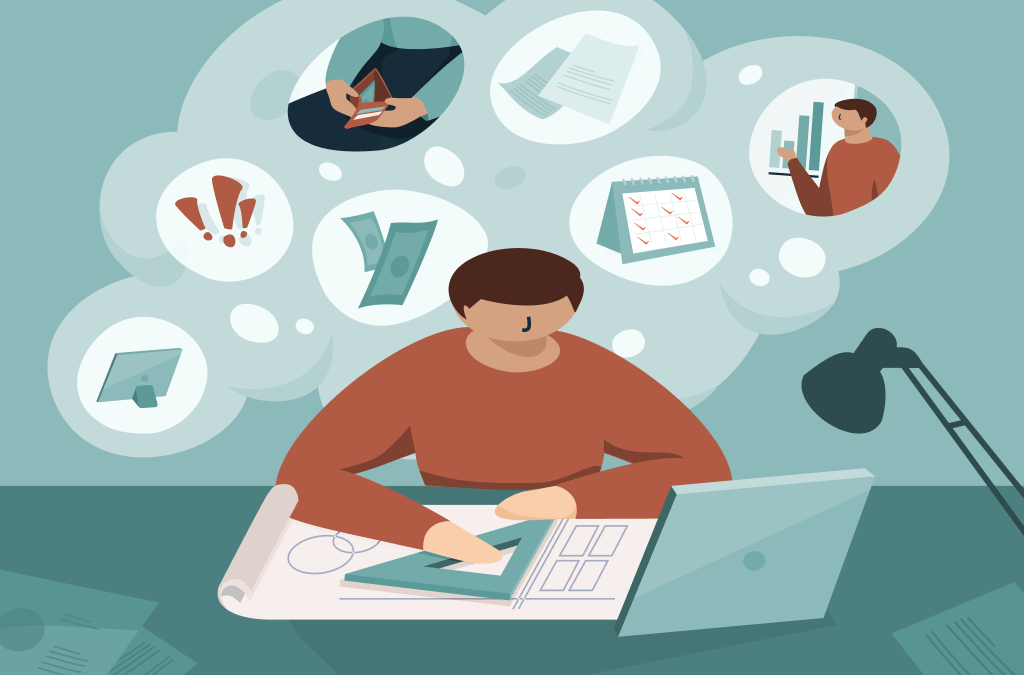
Psychological Needs in the Workplace: How to Meet Them
Deadlines, conflicts, pressure to perform—many people grapple with stressors at work. The extent to which these weigh on someone depends in large part on whether psychological needs are being met at work.
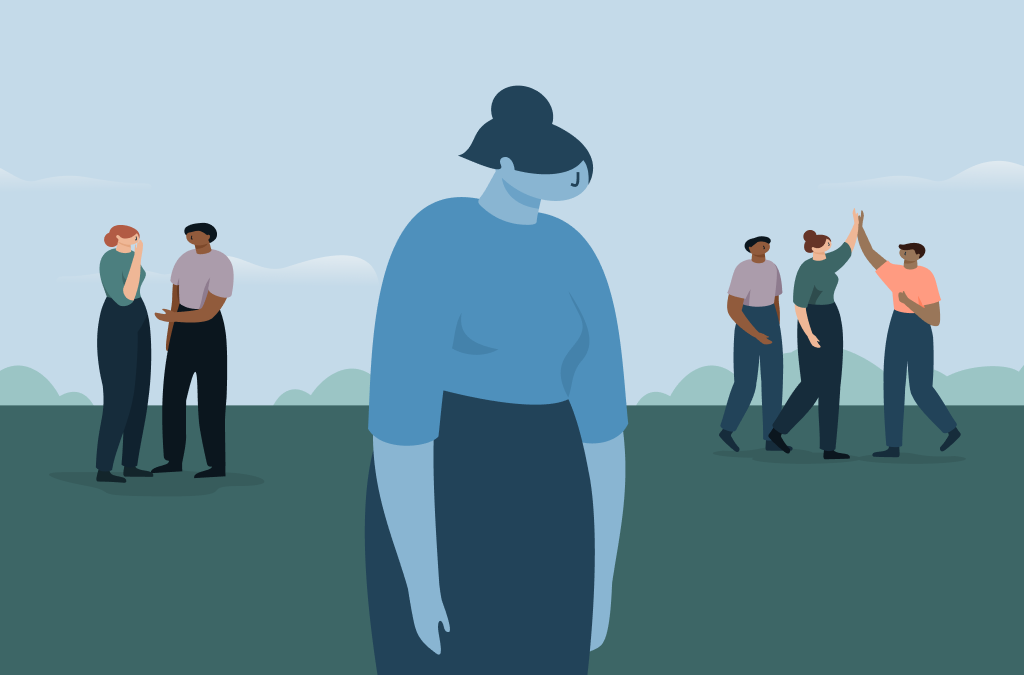
High-Functioning Depression: The Hidden Suffering
When people think of depression, usually intense sadness, low energy, social withdrawal, difficulty getting out of bed, and managing daily life come to mind. But this is not always the case.
